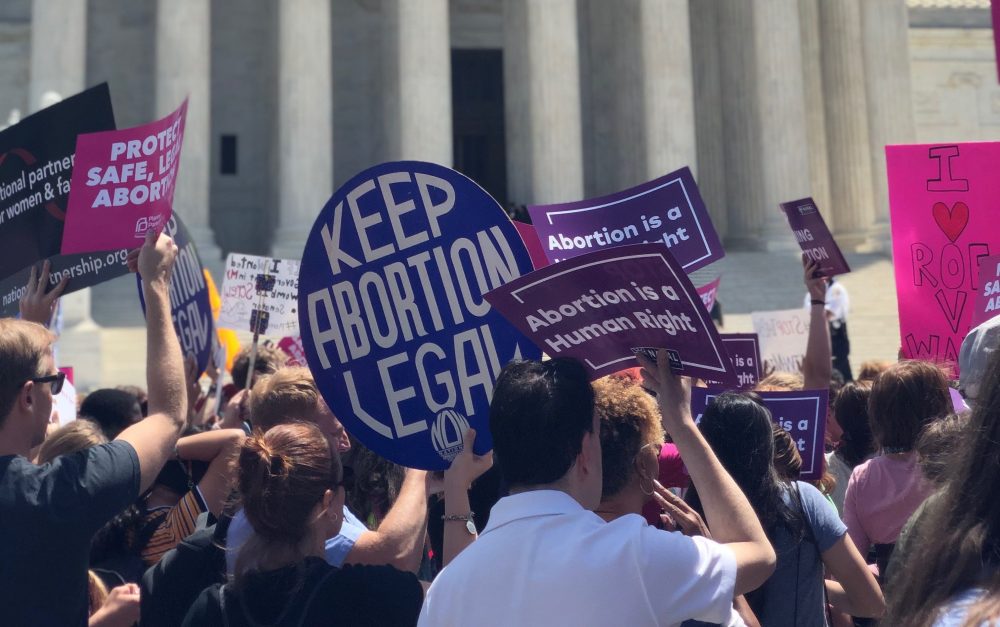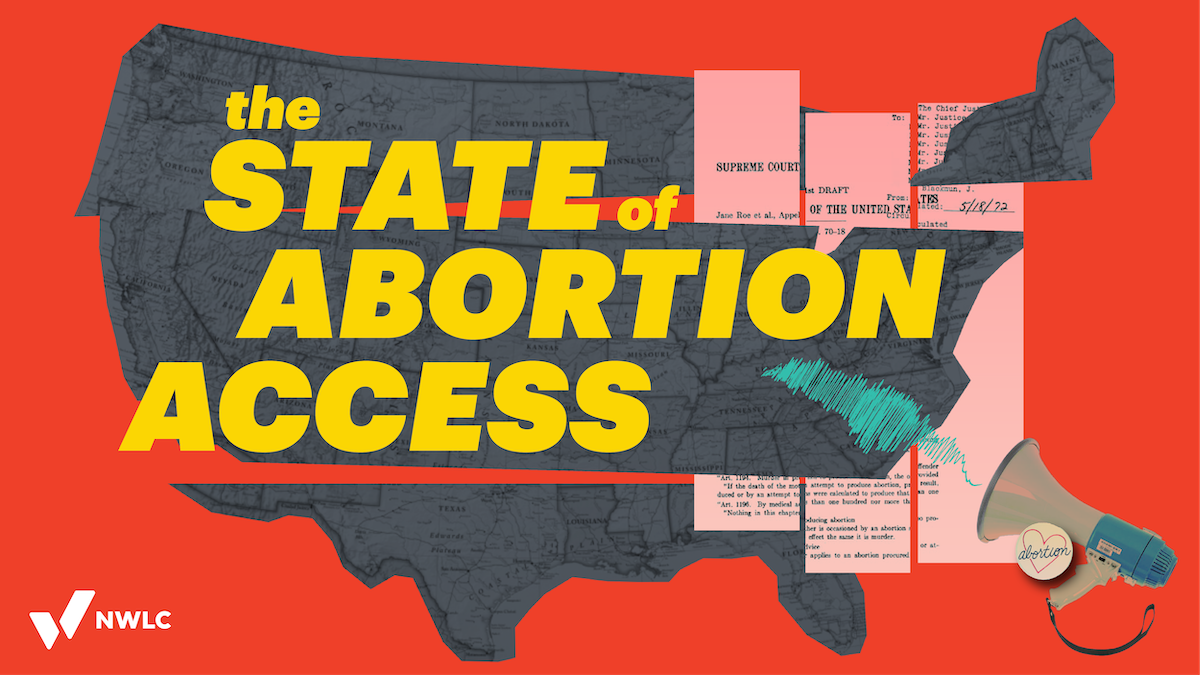Abortion rights, women of color, and LGBTQIA+ people are under attack. Pledge to join us in fighting for gender justice.
Republicans Want to Make a Debate Over Discrimination into an Abortion Battle
“The ERA would help create a basis to challenge abortion restrictions,” Kelli Garcia, the director of reproductive justice initiatives and senior counsel at the National Women’s Law Center, said Wednesday morning. “We see the ERA as another tool that would strengthen our existing protections.”
As Garcia suggests, the truth about the ERA’s implications for abortion rights appears to lie somewhere between the two extremes presented on Tuesday. Expert witnesses who spoke at the hearing acknowledged that reproductive rights are essential to women’s equality under the law—and therefore not entirely unrelated to an amendment guaranteeing women’s equal treatment—but pointed out that it would ultimately be up to the courts to decide whether the ERA supports legal arguments against abortion restrictions or not. That is, there wouldn’t be any automatic changes if the amendment was ratified.
The biggest obstacle to lawmakers who want to pass anti-abortion legislation continues to be Roe v. Wade, as well as the many Supreme Court decisions that have continued to uphold it—and advocates say that will continue to be true even if the ERA is ratified. “Even without the ERA we still have tools in our existing law and existing precedents to challenge and strike down many of the abortion restrictions we’ve been seeing,” Garcia said. “Yes, the ERA would provide another legal tool, but those restrictions are already unconstitutional.”




